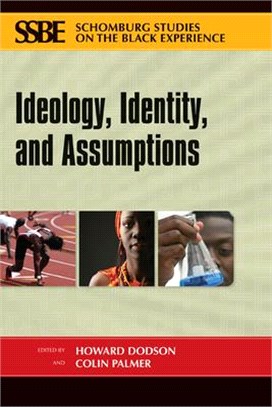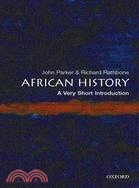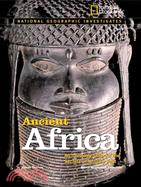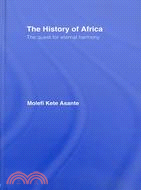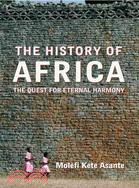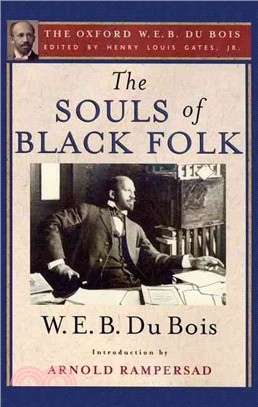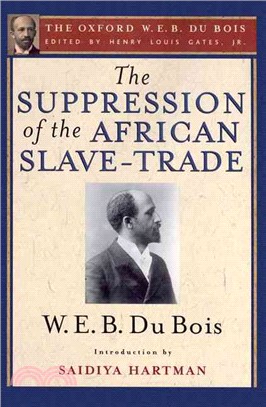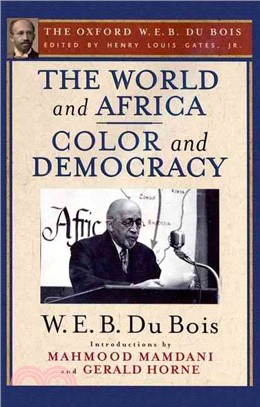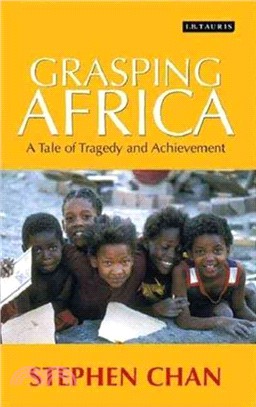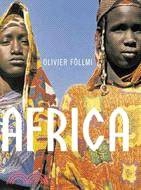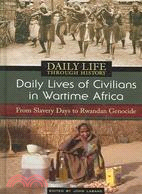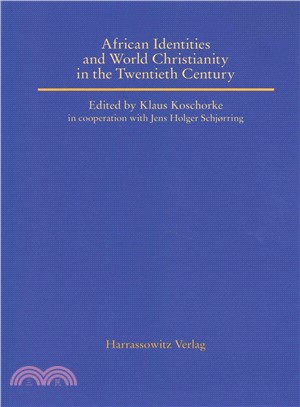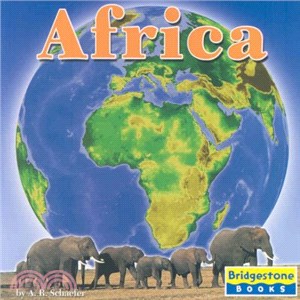共
1413 筆
第29 / 36 頁
優惠價:1
2198
無庫存
優惠價:1
2100
無庫存
優惠價:1
898
無庫存
優惠價:9
1620
無庫存
優惠價:1
494
無庫存
優惠價:79
690
無庫存
優惠價:1
1898
無庫存
優惠價:79
539
無庫存
若需訂購本書,請電洽客服 02-25006600[分機130、131]。
優惠價:9
1345
無庫存
出版日:2007/03/15
作者:W. E. B. Du Bois;
Henry Louis Gates (EDT);
John K. Thorton
出版社:Oxford Univ Pr on Demand
裝訂:精裝
優惠價:9
1710
無庫存
出版日:2007/03/15
作者:W. E. B. Du Bois;
Henry Louis Gates (EDT);
Arnold Rampersad (INT)
出版社:Oxford Univ Pr on Demand
裝訂:精裝
優惠價:9
1710
無庫存
出版日:2007/03/15
作者:W. E. B. Du Bois;
Henry Louis Gates (EDT);
Brent Hayes Edwards (INT)
出版社:Oxford Univ Pr on Demand
裝訂:精裝
優惠價:9
1710
無庫存
出版日:2007/03/15
作者:W. E. B. Du Bois;
Henry Louis Gates (EDT);
Saidya Hartman (INT)
出版社:Oxford Univ Pr on Demand
裝訂:精裝
優惠價:9
1710
無庫存
出版日:2007/03/15
作者:W. E. B. Du Bois;
Henry Louis Gates (EDT);
Mahmood Mamdani (INT);
Gerald Horne (INT)
出版社:Oxford Univ Pr on Demand
裝訂:精裝
優惠價:9
1710
無庫存
出版日:2007/03/15
作者:W. E. B. Du Bois;
Henry Louis Gates (EDT);
Glenda Carpio (INT)
出版社:Oxford Univ Pr on Demand
裝訂:精裝
優惠價:9
1710
無庫存
優惠價:1
2157
無庫存
優惠價:1
897
無庫存
若需訂購本書,請電洽客服 02-25006600[分機130、131]。
若需訂購本書,請電洽客服 02-25006600[分機130、131]。
若需訂購本書,請電洽客服 02-25006600[分機130、131]。
優惠價:1
1400
無庫存
若需訂購本書,請電洽客服 02-25006600[分機130、131]。
優惠價:1
1710
無庫存
優惠價:1
1217
無庫存
優惠價:1
3600
無庫存
優惠價:79
659
無庫存
優惠價:1
1139
無庫存
優惠價:79
480
無庫存
優惠價:1
1737
無庫存
優惠價:1
3000
無庫存
優惠價:1
1197
無庫存
優惠價:1
1497
無庫存







